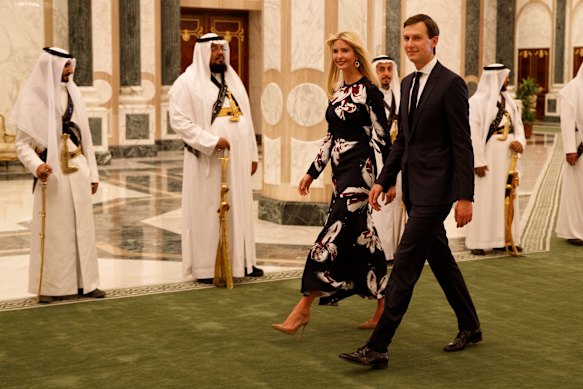
Jared Kushner, son-in-law of former President Donald Trump, has entered into a partnership with Saudi Arabia’s Crown Prince Mohammed bin Salman to acquire Electronic Arts (EA) for a staggering $55 billion ($84 billion), marking the largest private equity-funded buyout in history. The deal, announced on October 10, 2023, will see an investment group that includes Silver Lake Partners, PIF (Saudi Arabia’s Public Investment Fund), and Kushner’s Affinity Partners pay EA stockholders $210 per share.
This equity value of $55 billion significantly surpasses the previous record of $32 billion set during the leveraged buyout of TXU in 2007. The commitment from PIF, already the largest insider stakeholder in EA with a 9.9 percent stake, reflects the growing trend of Saudi investment in the gaming sector. According to Andrew Marok of Raymond James, the PIF has been actively pursuing stakes in major gaming companies since 2022, including acquisitions of firms like ESL and Scopely.
Saudi Arabia’s Ambitious Gaming Strategy
This transaction aligns with Crown Prince Mohammed bin Salman’s broader vision for diversifying the Saudi economy away from oil dependency. The Crown Prince, known for his enthusiasm for video games such as Microsoft’s Call of Duty, aims to create tens of thousands of jobs through investments in the gaming industry. Since assuming leadership of the PIF, he has allocated around $30 billion to various gaming ventures, including developing a stake in Nintendo and acquiring the publisher of the popular Pokémon Go mobile game.
The move underscores Saudi Arabia’s commitment to expanding its influence in the global gaming market. The acquisition of EA, a company known for its flagship titles like Madden NFL, Battlefield, and The Sims, represents a strategic milestone that could reshape the gaming landscape.
As the deal progresses, industry observers will be keen to see how this partnership unfolds and whether it leads to significant innovations or shifts within Electronic Arts and the broader gaming community. The implications of such a large-scale investment could extend well beyond the immediate financial figures, potentially setting new standards for future collaborations within the industry.







